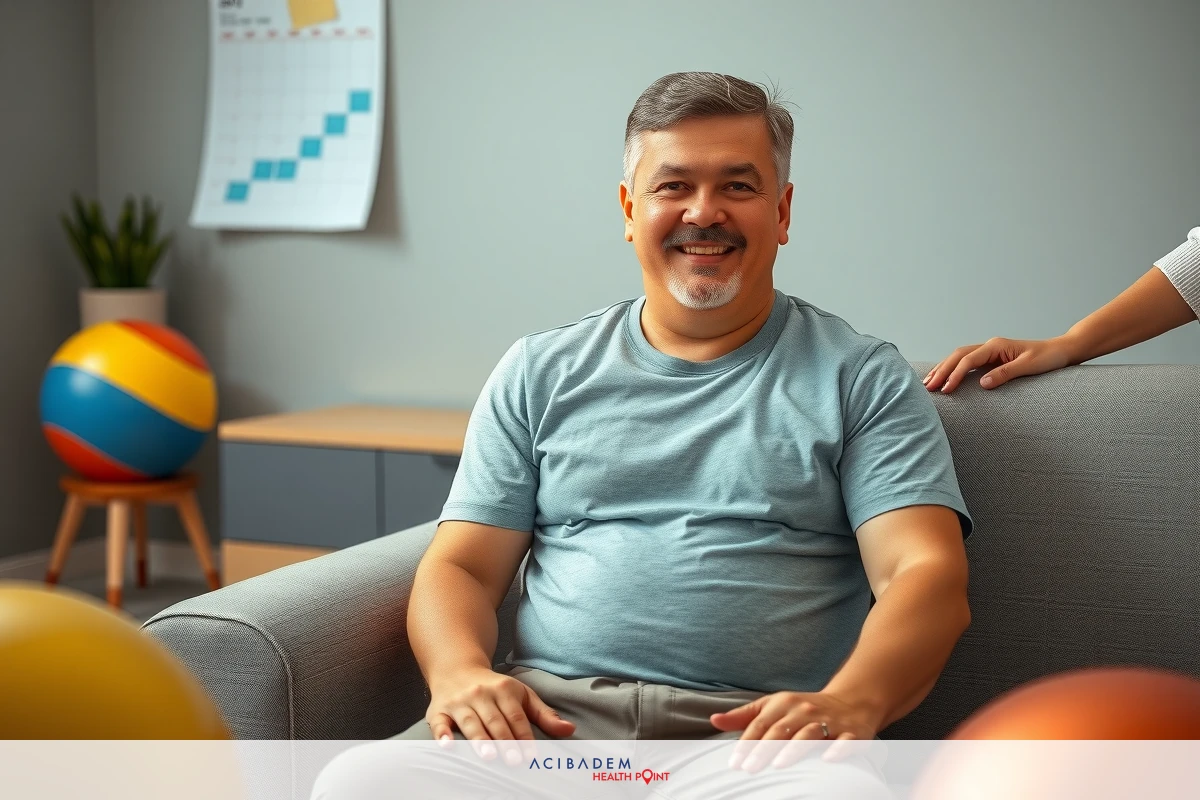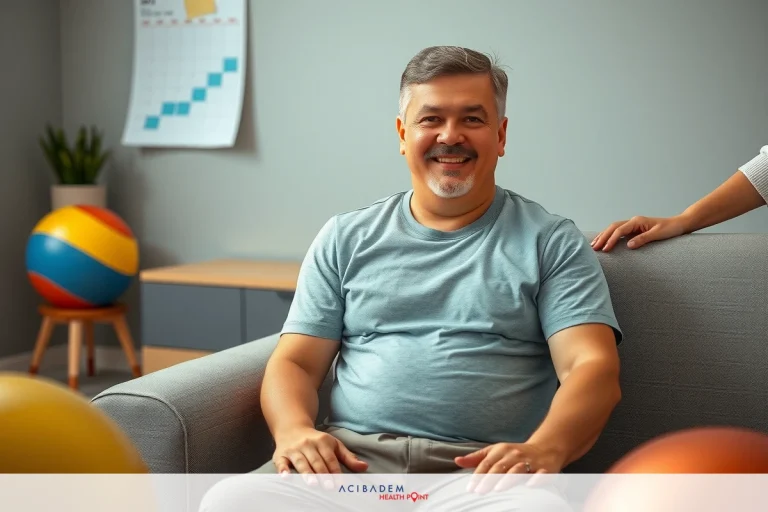Is it Normal to Have Stiffness After Knee Replacement?
Is it Normal to Have Stiffness After Knee Replacement? After a knee replacement feeling stiff is often part of getting better. Many people have this problem as they start to heal. It’s normal to want answers about how long it will last and ways to deal with the stiffness you feel.
The road to recovery can be simple with the right care and steps. Knowing what causes stiffness can help you manage it well. Your body works hard after surgery so some discomfort is expected.
As days pass you should see changes in how your knee feels. People are different and so is their healing time. Good rest, exercise, and talking with your doctor will guide you through this phase.
Causes of Stiffness
After knee replacement surgery stiffness is a common part of the healing process. The body’s response to the new joint can cause this tight feeling. It’s important to know the causes so you can manage them during recovery.
Firstly inactivity after surgery can lead to stiffness. Your knee needs time to heal but not moving it enough may make things worse. Gentle exercises help keep your joints moving. Always talk with your doctor before starting any movement.
Scar tissue is another reason for stiffness after knee replacement. As wounds heal scar tissue forms and can tighten around the joint if not dealt with early on. Physical therapy helps break down these stiff areas and improve movement.
Lastly swelling from surgery often leads to feelings of stiffness in the knee area. This is normal as your body heals itself from within. Using ice and keeping your leg up when told by your doctor will reduce swelling over time.
In all cases remember that recovery takes time and each person heals differently after surgery. Keep close contact with healthcare pros as they guide you through getting better day by day.
Managing Stiffness
Dealing with stiffness after knee surgery means being active in your recovery. Simple exercises and stretches play a big role here. They keep the joint moving and can lessen pain over time.
Start with gentle range-of-motion movements as advised by your care team. These may be small bends and straightens of the knee that help keep it from getting stiff. Follow all instructions from your physical therapist to do these right.
Strength training is also key to managing stiffness after knee replacement. Working on muscles around the new joint supports healing and helps you move better too. It’s vital to use safe weights and proper form so ask for expert advice before starting.
Heat can relax tight muscles around your operated knee as well. Warm packs used in short times may make stretching easier for you but remember not to place heat directly on the skin or leave it too long at once; always test how hot it feels first.
And if stiffness does not get better or makes daily things hard talk with your doctor soon. Sometimes other treatments could be needed when normal recovery steps don’t work as they should. Your health provider will know what’s best based on how you’re doing after surgery.

Timeline of Recovery
After a knee replacement the path to less stiffness and better health has key steps. In the first few weeks your focus will be on lowering swelling and pain. This is when you’ll start simple exercises to aid your recovery.
As weeks turn into months you’ll work more with a physical therapist. They will guide you through exercises that boost strength and flexibility in your knee. It’s common for stiffness to ease off as muscles get stronger around your new joint.
By six months to a year many people feel much better and can move easier than right after surgery. While some might still feel a bit stiff at times this often gets less with daily life activities or exercise routines suggested by doctors or therapists. Remember that healing takes time; patience is part of getting back on track!
Tips for a Smooth Recovery
A smooth recovery after knee replacement starts with following your surgeon’s advice. They know how to help you heal well and will give clear easy-to-follow steps. Stick close to their plan and don’t rush things.
Balance rest and activity in the days after your surgery. Rest is key for healing while light activity prevents stiffness and keeps blood flowing right. Find what works best for you within the guidelines given by healthcare pros.
Eat healthy foods that aid healing like fruits, veggies, protein, and whole grains. Proper nutrition gives your body the building blocks it needs to repair itself quickly. Stay hydrated too; water helps every part of recovery go smoother.
Keep up with all follow-up appointments after your knee replacement surgery. These check-ups let doctors see how you’re doing and adjust care if needed. They also offer chances to ask questions about what’s normal during recovery.
Lastly listen to your body as it heals from the operation—it will tell you when something isn’t quite right. If pain or stiffness seems more than usual or doesn’t improve over time reach out to medical staff soonest possible for help on next steps in care.








